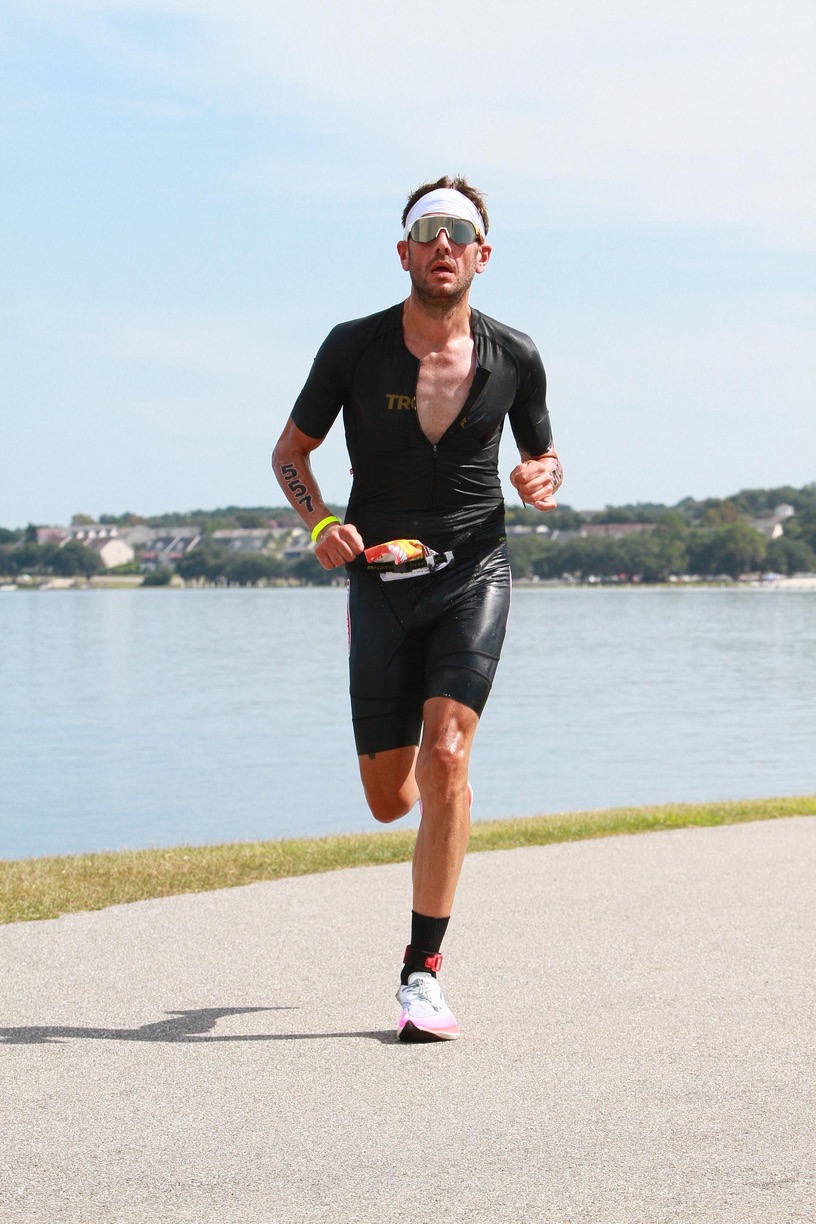Navigating The Endurance Journey: Coaching Athletes with Anxiety
- Mike Mason
- Dec 11, 2023
- 2 min read
Endurance sports demand not only physical strength but also mental resilience. For athletes grappling with anxiety, the journey becomes a unique challenge. As a coach, guiding your endurance athletes through these hurdles requires a thoughtful and holistic approach that integrates mental well-being into their training regimen. I should know! I have PTSD with severe anxiety, depression and OCD and I was an Elite athlete and getting to the start line was, essentially, my whole race. Once it started, I was off and working. Have you ever found yourself trying to talk yourself out of going? Lets find reasons to go and allow that feeling of panic and anxiety to pass...give it 15 minutes of mindfulness and meditative breathing and just get out of the door and to the start line.
Understanding Anxiety in Endurance Athletes:
Anxiety can manifest in various forms, from pre-race jitters to chronic worry about performance. Recognizing these signs is crucial for coaches aiming to provide tailored support. Regular check-ins and open communication create a safe space for athletes to express their concerns.
Building a Positive Mindset:
Fostering a positive mindset is foundational. Emphasize the importance of progress over perfection and celebrate small victories. Encourage athletes to focus on the process rather than fixating on outcomes, promoting a healthier perspective on success.
Setting Realistic Goals:
Help athletes set realistic and achievable goals. Break down larger objectives into smaller, manageable steps. This not only boosts confidence but also reduces the overwhelming nature of long-term goals, easing anxiety associated with performance expectations.
Incorporating Stress-Reduction Techniques:
Integrating stress-reduction techniques into training routines is essential. Practices such as mindfulness, deep breathing, and visualization can help athletes manage anxiety. Consider incorporating these techniques during warm-ups, cooldowns, or dedicated mental training sessions.
Individualized Approaches:
Every athlete is unique, and anxiety manifests differently in each individual. Tailor coaching strategies to accommodate varying needs. Some athletes may benefit from regular one-on-one sessions, while others might prefer group activities that foster camaraderie and mutual support.
Communication and Collaboration:
Establishing open lines of communication is pivotal. Actively listen to athletes' concerns, and work collaboratively to address challenges. This not only builds trust but also ensures that the coaching relationship is a partnership in both physical and mental well-being.
Encouraging a Healthy Lifestyle:
A holistic approach to coaching includes promoting a healthy lifestyle beyond training sessions. Encourage athletes to prioritize adequate sleep, proper nutrition, and sufficient rest. These factors play a significant role in overall well-being and can positively impact anxiety levels.
Coaching endurance athletes with anxiety requires a blend of empathy, flexibility, and strategic planning. By prioritizing mental health, setting realistic goals, and fostering a positive environment, coaches can empower athletes to conquer both the physical and mental aspects of their endurance journey. Together, coach and athlete can navigate the path to success with resilience and confidence.





Comments